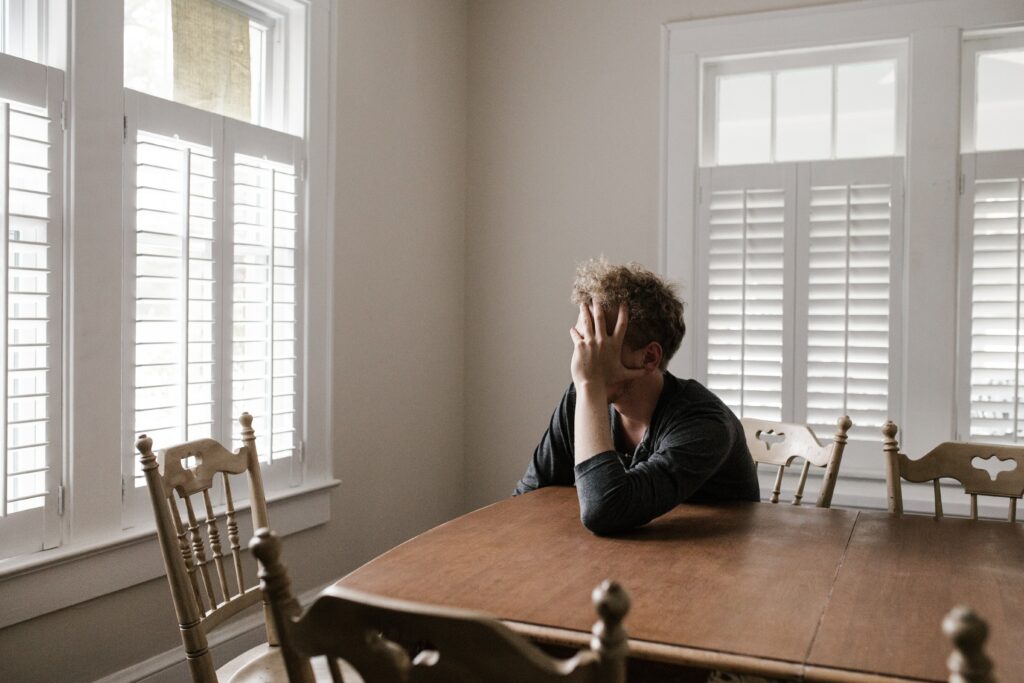
Managing diabetes and mental illness together can be challenging, but it is possible with proper care and attention. We all know that diabetes is a chronic condition that requires a consistent routine of monitoring blood sugar levels, taking medication, and making healthy lifestyle choices.


 Everyday problems and awkward lifestyles may have given us something or not, but headaches are definitely given, and we are usually to blame ourselves. Waking up late at night, not eating a proper diet on time, being anxious most of the time, and many other things like this are the main reasons for our headaches.
Everyday problems and awkward lifestyles may have given us something or not, but headaches are definitely given, and we are usually to blame ourselves. Waking up late at night, not eating a proper diet on time, being anxious most of the time, and many other things like this are the main reasons for our headaches.
 You have to reduce your calories if you want to control your diabetes. Carrying excessive body fat shoots up your body’s resistance to insulin, and makes your blood glucose management more challenging. You can shred off your body fat by incorporating a healthy diet plan and reducing your calories for your better health.
You have to reduce your calories if you want to control your diabetes. Carrying excessive body fat shoots up your body’s resistance to insulin, and makes your blood glucose management more challenging. You can shred off your body fat by incorporating a healthy diet plan and reducing your calories for your better health.
 Vitamin-D considers as an essential nutrient for the proper functioning of our body. We also call Vitamin-D as the sunshine vitamin because it also produces in our body with the help of ultraviolet rays from the sunlight. V
Vitamin-D considers as an essential nutrient for the proper functioning of our body. We also call Vitamin-D as the sunshine vitamin because it also produces in our body with the help of ultraviolet rays from the sunlight. V Cucumber enhances the splendor of the table every season. As cucumber is very beneficial for dehydration, its importance and demand increases every time but mostly during hot weather time. Cucumber is considered one of the best vegetables for those who are diabetic and are also trying to lose weight. That’s why cucumbers are counted as a must in detox water.
Cucumber enhances the splendor of the table every season. As cucumber is very beneficial for dehydration, its importance and demand increases every time but mostly during hot weather time. Cucumber is considered one of the best vegetables for those who are diabetic and are also trying to lose weight. That’s why cucumbers are counted as a must in detox water. 
 Yes, that’s right. The bone broth recipe that I’m going to share with you today is the one that has played a vital role in curing my diabetes. My blood glucose level has controlled dramatically after using this recipe. That’s why I said this bone broth recipe is a killer in curing my diabetes.
Yes, that’s right. The bone broth recipe that I’m going to share with you today is the one that has played a vital role in curing my diabetes. My blood glucose level has controlled dramatically after using this recipe. That’s why I said this bone broth recipe is a killer in curing my diabetes. The goals of my Type 2 diabetes management guideline are to control your blood glucose levels and to screen and treat its related conditions such as high blood pressure, lipid abnormalities, high cholesterol, and other complications of diabetes. This means that you will need to learn how to monitor your blood glucose levels, and you will also have more frequent
The goals of my Type 2 diabetes management guideline are to control your blood glucose levels and to screen and treat its related conditions such as high blood pressure, lipid abnormalities, high cholesterol, and other complications of diabetes. This means that you will need to learn how to monitor your blood glucose levels, and you will also have more frequent